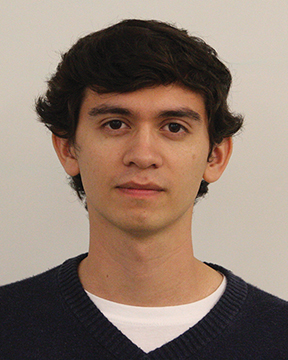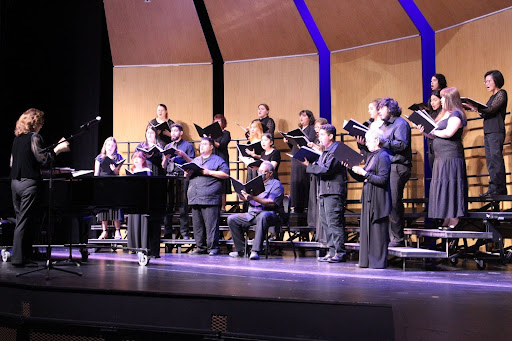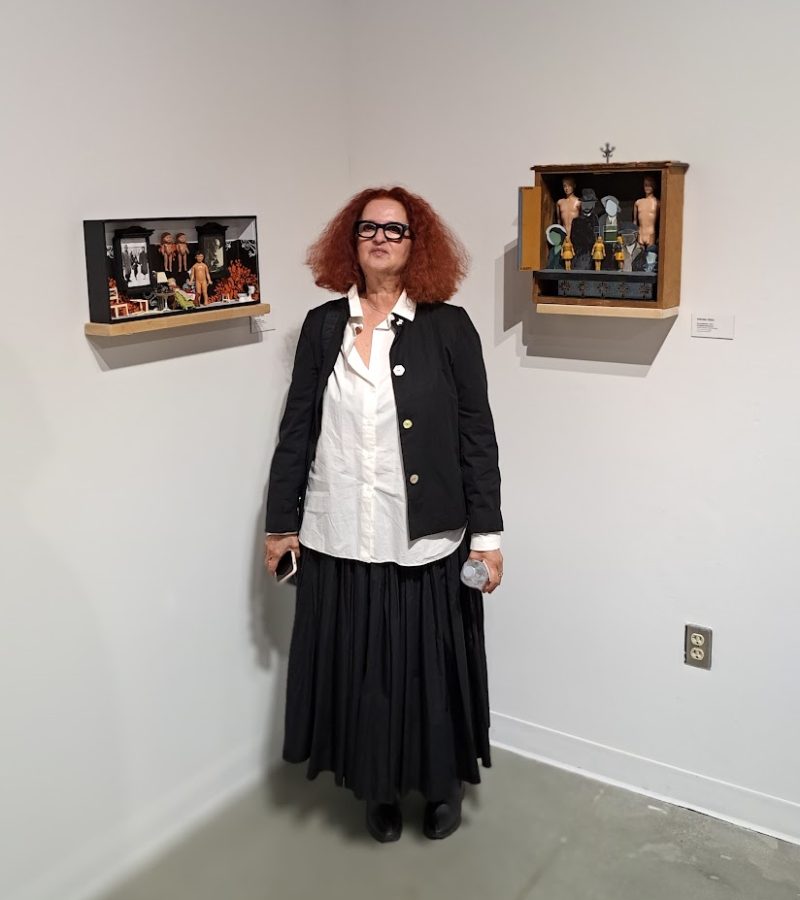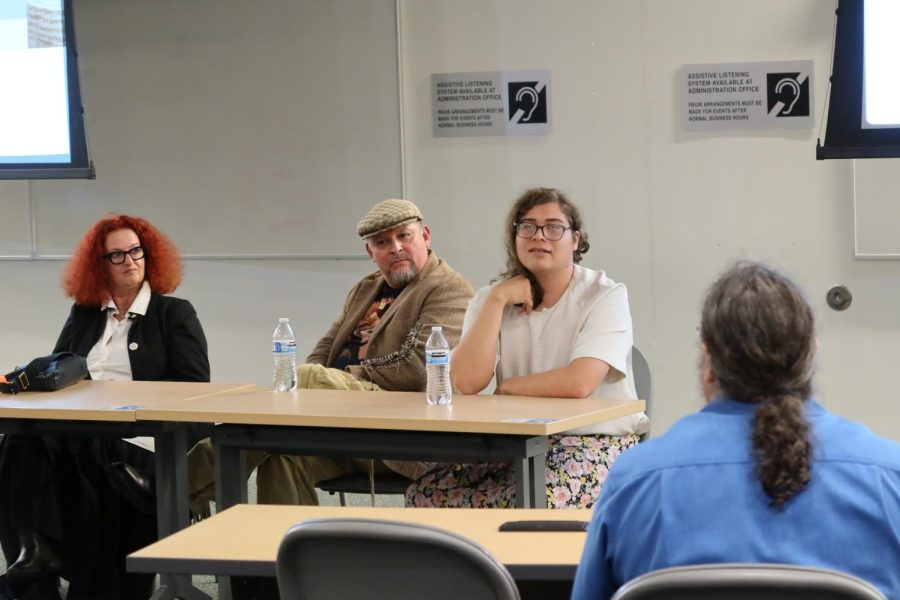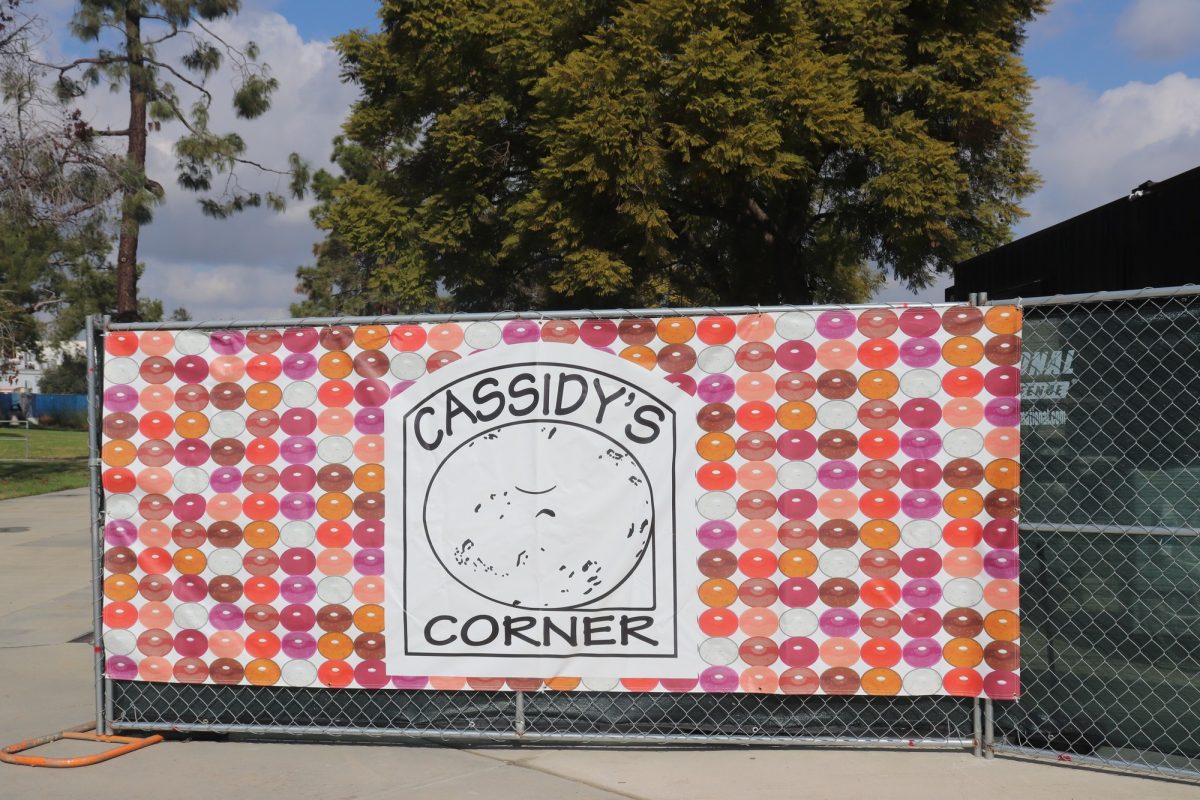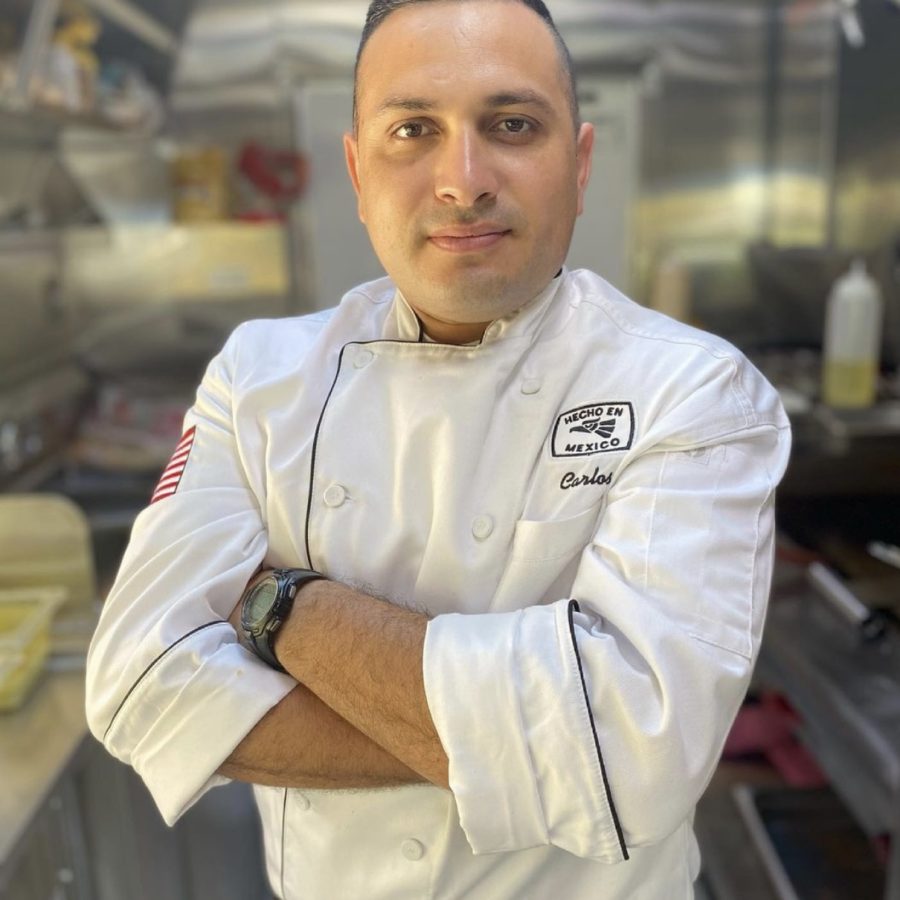Mariela Quinonez was driving one day when she heard the announcement over the radio that President Trump had removed Obama’s Deferred Action for Childhood Arrivals legislation.
After the Trump administration received a threat from Texas Attorney Generals and other states to remove DACA or face their legal action, Jeff Sessions announced on Sept. 5 the end of DACA.
He offered a six-month grace period for Congress to come up with an alternative.
Quinonez says she immediately felt upset.
She said, “It’s frustrating how one person can change your whole life.”
Quinonez arrived in 2001 when she was 5 years old with her mother and siblings.
“At the moment, I didn’t know that I was illegal,” Quinonez recalls, “I just thought we came for a vacation.”
She went through grade school without knowing about her citizenship status until her senior year in high school when it was time to apply to colleges.
Going through 12 years of the American school system, Quinonez had plans and colleges in mind before finding out those dreams would be harder to reach for her.
Along with working two jobs and being a full time student, Quinonez is the president of the DREAM Club on campus.
“I am in fear at the moment,” she explains.
There is so much uncertainty in her life with her deadline approaching fast.
She doesn’t know if she’ll be laid off of work, which will be a detriment to her family and school life.
Although her culture is important to her, Quinonez says this country has given her opportunities that she wouldn’t have had in Mexico.
She explains culture has to do with who people are–it isn’t determined by the country they’re in.
Because she’s been here majority of her life she considers herself an American. “I am from here just because I was raised here and this is the country that has given a lot to me.”
“Being an American is just being able to respect others’ opinions,” she said.
Superintendent Jose Fierro sent out several emails offering information and services to DACA recipients.
The school has also held workshops to help DACA students.
Quinonez says seeing the school had their backs made her feel support from the school. “[It] gave me [more] strength to continue with my education because I felt protected.”
She mentioned the school held a workshop with lawyers to aid DACA students in submitting their renewal applications.
If all goes well for her, Quinonez will be able to attend school and continue working.
Her sister is currently working on obtaining her citizenship so Quinonez says her fallback plan is getting citizenship with her sister’s help.
With this week being DACA Advocacy Week, set by Chancellor Eloy Ortiz Oakley, student government is planning to mail out postcards written by students urging Congress representative to fight for the DACA students.
These postcards can be picked up from ASCC President, Karen Patron.
Quinonez wanted to let her fellow DACA recipients know to not let their fear keep them from fighting for their dreams.
“There’s hope underneath the fear.”



